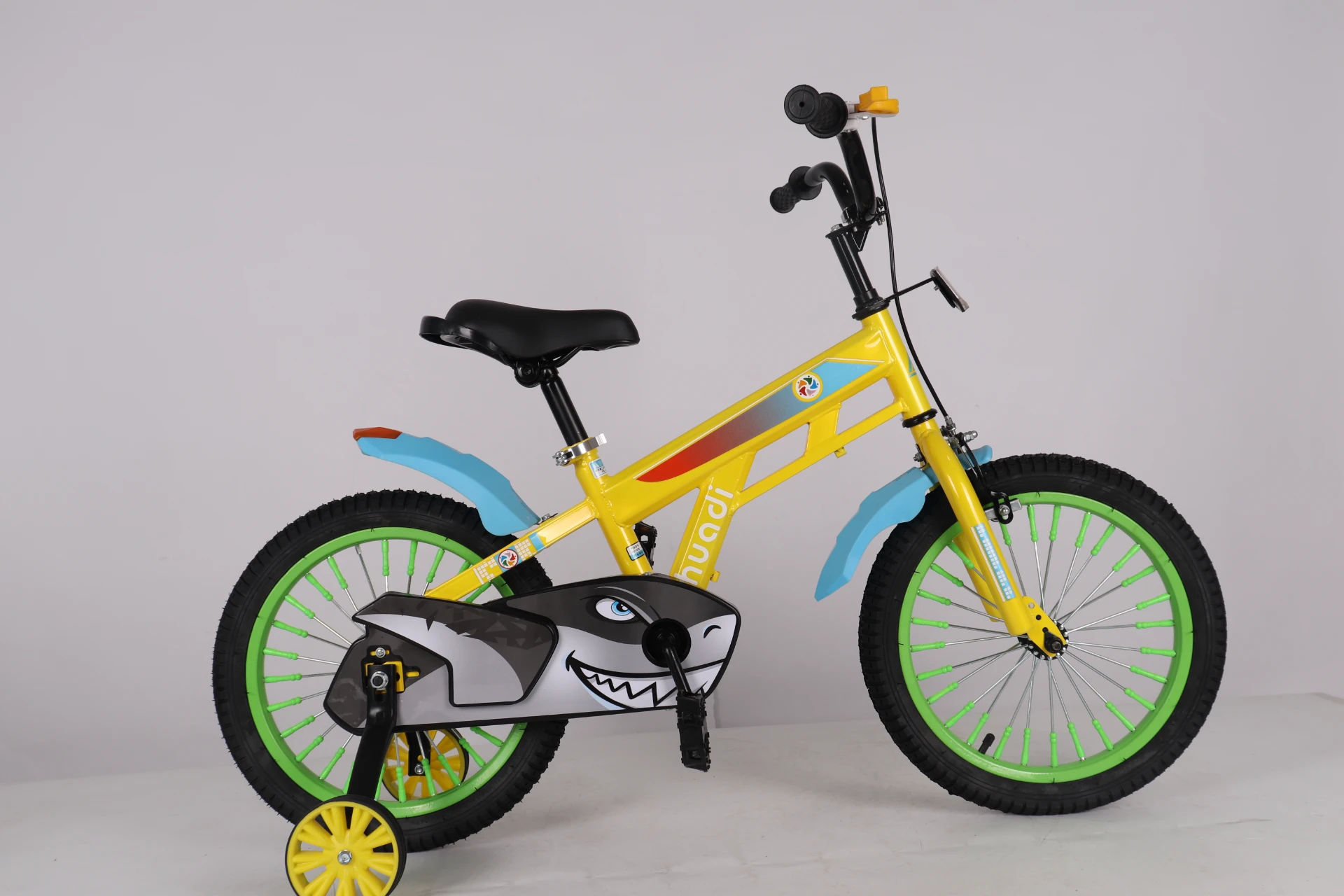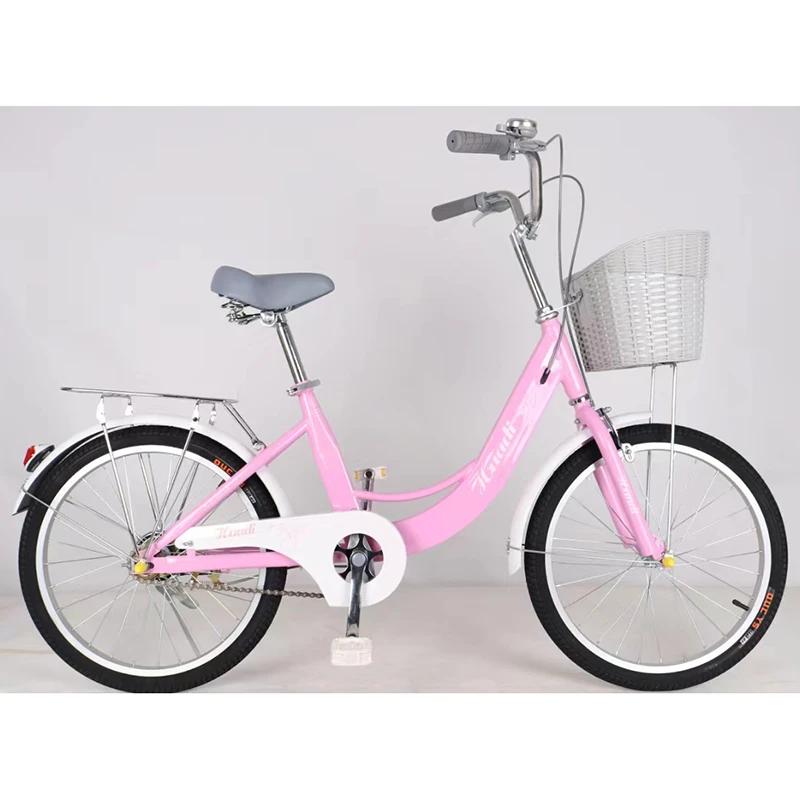scooter 6
The Rise of Electric Scooters A Sustainable Urban Solution
In recent years, electric scooters have taken urban transportation by storm, emerging as a popular, eco-friendly mode of travel. The convenience and ease of use they offer have captivated city dwellers and commuters alike, turning them into a viable alternative to traditional forms of transportation. The interplay between convenience, sustainability, and urban design has made electric scooters not just a trend but a revolutionary element in urban mobility.
The Rise of Electric Scooters A Sustainable Urban Solution
Moreover, the environmental impact of electric scooters cannot be overlooked. By replacing car trips, electric scooters help reduce greenhouse gas emissions, contributing to a cleaner atmosphere. Many scooter-sharing services have embraced sustainability by offering electric models, further minimizing their carbon footprint. As cities grapple with addressing climate change, embracing electric scooters can play a pivotal role in their long-term strategies for reducing pollution and enhancing public health.
scooter 6

Another factor driving the popularity of electric scooters is the advent of innovative technology. The integration of smartphone applications has made it easy for users to locate, rent, and return scooters seamlessly. This technological advancement has transformed the way we view transportation, placing control in the hands of the consumer. With just a few taps on a mobile device, users can access a fleet of scooters, making spontaneous travel plans not only possible but also hassle-free.
However, the rise of electric scooters is not without challenges. Issues such as sidewalk clutter, safety concerns, and regulations surrounding their use have sparked debates among city officials and residents. Ensuring that electric scooters are integrated into existing transportation frameworks responsibly is crucial. Many cities have implemented guidelines to encourage safe riding practices and proper parking, aiming to balance the benefits of electric scooters with the need for organized urban spaces.
In conclusion, electric scooters represent a significant transformation in urban transportation, addressing the pressing needs of modern cities. They offer an innovative, sustainable, and efficient way to move around, catering to the increasingly eco-conscious mindset of urban dwellers. As cities strive for smarter, greener solutions to transportation, electric scooters will undoubtedly continue to play a vital role in shaping the future of urban mobility. Their potential to enhance convenience while promoting sustainability makes them an essential asset in our ongoing quest for a more livable urban environment.
-
Unleash Your Adventurous Spirit with All Mountain BikesNewsOct.31,2024
-
The Perfect Ride for Your Little Ones: Kids TricyclesNewsOct.31,2024
-
The Joy of Riding: Quality Kids Mountain BikesNewsOct.31,2024
-
The Excitement of Kids Scooters – Choose Your Adventure!NewsOct.31,2024
-
Kids' Bikes: Find the Perfect Ride for Your Little OnesNewsOct.31,2024
-
Experience the Fun of Swing CarsNewsOct.31,2024
-
Why a Giant Bike for Kids is a Top ChoiceNewsOct.24,2024








